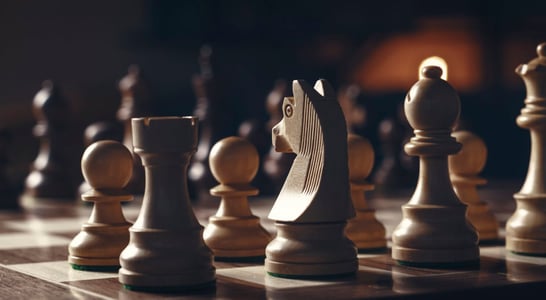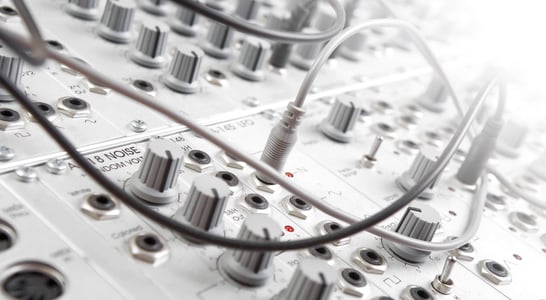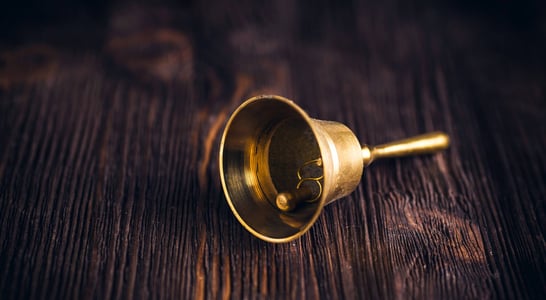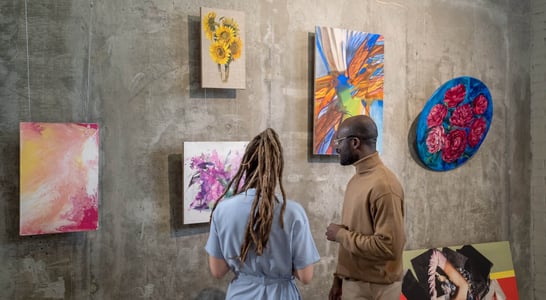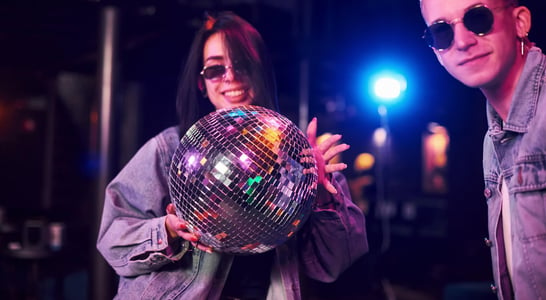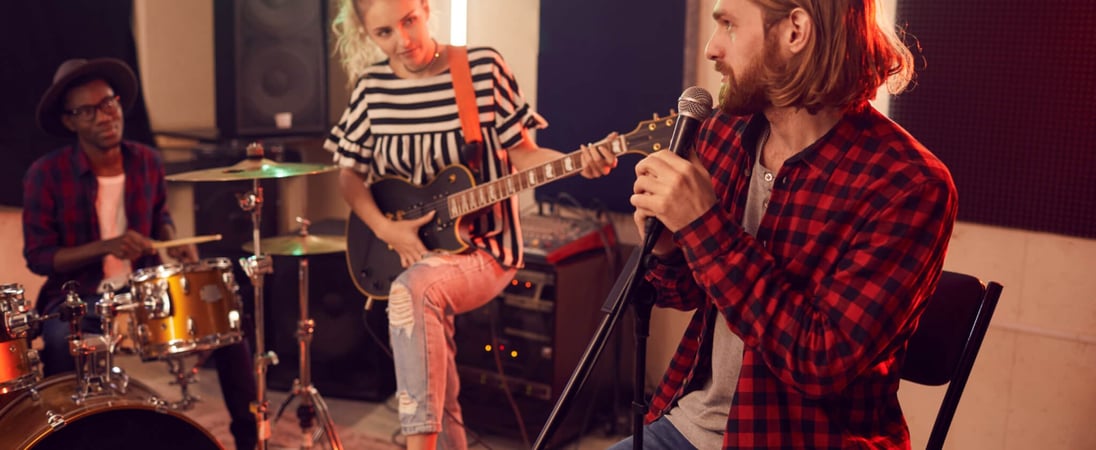
Universal Music Day
Music is a natural part of life on this planet and Universal Music Day is here to raise awareness about and celebrate its benefits!
I think music in itself is healing. It’s an explosive expression of humanity. It’s something we are all touched by. No matter what culture we’re from, everyone loves music.
Billy Joel
History of Universal Music Day
Music history dates as far back as human history. In fact, historians tend to believe that music actually predated language in the development of human culture. Human infants even make noises that are very much like singing, and this happens far earlier than they are able to develop language skills.
In fact, music is even a universal part of nature. Birds sing their songs from the trees in the morning and sometimes evening. Humpback whales offer a musical sound that comes with syntax. Mice even do a type of singing at supersonic levels. And the Pacific tree frogs sing about the weather as well as to mark their territory.
Founded as a global celebration that embodies the freedom and self-expression of music, Universal Music Day got its start in 2007 as the brain child of Susan Patricia Golden. Believing that music is the greatest gift that humans can give themselves, Golden considers herself to be a ‘reconstruction musician’, meaning that music allows people to take themselves back to their original freedom of expression as is found in children.
Universal Music Day Timeline
1756
Wolfgang Amadeus Mozart is born
Eventually considered one of the greatest composers in Western music, Mozart begins his early life in Austria by picking out chords on the harpsichord at the age of three.[1]
1824
Beethoven’s 9th Symphony premiers
In the Theater am Kärntnertor in Vienna, Beethoven fills the stage with elite musicians, premiering this symphony after having lost his hearing and writing it on intuition alone.[2]
1969
Woodstock Music and Art Fair takes place
A poorly organized music festival, starring Jimi Hendrix and Joe Cocker, attracts over 400,000 attendees to a farm in New York, eventually becoming legendary for its “Three Days of Peace and Music”.[3]
1982
First Fête de la Musique is celebrated in France
Initiated in Paris, France, this music celebration is founded by the French Minister of Art and Culture at the time.[4]
2007
Universal Music Day is first celebrated
Founded by Susan Patricia Golden, the first Universal Music Day is motivated by the idea that music can help create world peace and harmony.
How to Celebrate Universal Music Day
Getting involved with and enjoying Universal Music Day can be loads of fun, educational, and even good for your health! Consider some of these practical ideas for enjoying and making the most of this day:
Listen to Some Music
Of course, one amazing way to engage with Universal Music Day is to simply incorporate more music into your schedule for the day! Turn music on while getting ready for work in the morning. Be sure to play some energetic music on the radio while driving the kids to school. Have some background music playing while cooking dinner. And perhaps even play some soft, rhythmic, binaural beats through headphones while falling asleep at night.
Different types of music can be included in all sorts of interesting ways, not only for Universal Music Day but on just about any average day as well!
Create a Universal Music Day Playlist
Depending on the style of music that is most appreciated, it might be fun to create a specially themed playlist that can incorporate some important musical themes in honor of Universal Music Day.
Try making a playlist on Spotify, Apple Music or some other music hosting platform. Then share the playlist with friends and family members to raise awareness about the day. Consider some of these classic 70’s pop songs to get that playlist started:
- Listen to the Music by the Doobie Brothers (1972). The first big hit for this band, this song was featured on the Toulouse Street album and was written by guitarist Tom Johnston who spent years simply playing his guitar all day, every day.
- Sing, Sing a Song by the Carpenters (1973). The debut hit of the Carpenters fifth studio album, this song encourages everyone that their lives will always be better if they just sing, no matter what happens.
- I’ve Got the Music in Me by the Kiki Dee Band (1974). With most of the lyrics repeating the song title, this catchy little tune is delightfully peppy and tells the listener that life will be okay as long as “I got the music in me”.
Consider the Benefits of Music
Many people take music for granted, not realizing the ways that music can be a vital part of healthy life in the modern world. Music is not only good for mental and emotional health, but it can also offer prevention and healing for the physical body as well!
Take a look at some of these ways that music can be valuable and useful:
-
Music promotes focus, concentration and memory
The brain waves that are activated when music is heard can impact the mind’s ability to think more clearly, focus on tasks and remember important pieces of information.
-
Music can be good for the heart
The way music interacts with the brain and body allows for the release of healthy hormones as well as promoting the reduction of blood pressure, reducing the heart rate and minimizing the release of the stress hormone called cortisol.
-
Music can help manage and ease pain
For people who have problems with chronic pain, music can help to relieve some of the intensity of the pain. Music therapy can also help to assist in pain management by reducing stress levels.
-
Music can reduce depression and anxiety
Causing the brain to release positive hormones to the body, such as serotonin, dopamine and endorphins, music allows for the reduction of stress and anxiety, elevates the mood, causes relaxation and generally promotes an all-around happier disposition and outlook on life.
Learn How to Play an Instrument
Make some music in honor of Universal Music Day! Whether it’s on a new instrument that is similar to one you already know how to play (say, learning the ukulele after knowing how to play the guitar) or it’s a completely new concept, Universal Music Day is a great time to get motivated and engage in taking lessons to learn a new instrument. Even if the instrument is simply your own voice and you are learning to sing in a choir!
Write a Song
Even if it isn’t for anyone to hear but yourself, Universal Music Day would be a great reason to write a little song. Perhaps it will sound something like a jingle from a radio commercial. Or maybe it will be like a children’s nursery song. Or it could be that it will turn into an incredible symphonic delight! Whatever the case, take the initiative to put some notes on the paper and enjoy some song-writing adventures in celebration of the day.
For those who are interested in writing a song for more than just themselves, perhaps consider entering into a song contest that is sponsored by a local music school or other organization in line with Universal Music Day!
Universal Music Day FAQs
Why is music universal?
Music is considered to be universal because it can be appreciated and expressed between humans even without the need for a common language.
Can music help you focus?
While not all music is beneficial for concentration, certain types of music have the power to activate the brain waves that help with focus and attention.[1]
Does music affect your mood?
Yes! Studies have shown that music can provide a boost to the mood as well as better physical health.[2]
Did music come before language?
Sometimes referred to as the universal language, music is an early form of communication in human development, particularly in infants who have not yet developed language skills.[3]
How does music affect the brain?
Music provides a ‘workout’ for the brain, activating brain waves that improve mental alertness, memory and even sleep quality.[4]
Also on ...
View all holidaysNational Chess Day
Strategy, thinking, creativity and endless possibilities fill the game of chess with fun and interesting opportunities for play!
We think you may also like...
World TB-303 Appreciation Day
An electronic music pioneer, its unique sound sculpted a genre that continues to resonate through the rhythms of today's tracks.
Ring a Bell Day
Creating joyful melodies that resonate, the sound that marks moments of celebration, togetherness, and the simple pleasure of sharing happiness.
